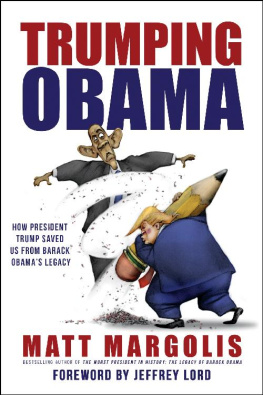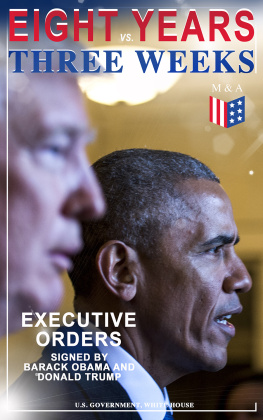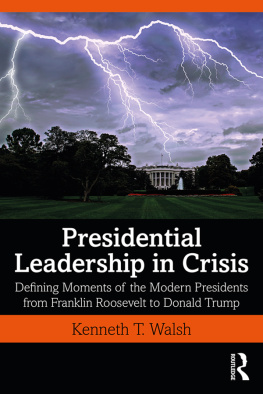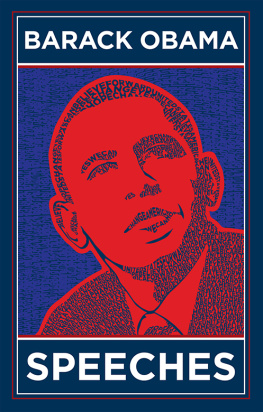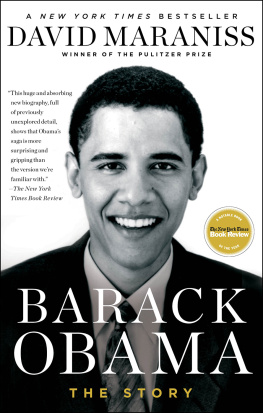The History of the USA
in Eritrea
From Franklin D Roosevelt to Barack Obama
And
How Donald Trump Changed the Course of History
Amanuel Biedemariam
Copyright 2020 Amanuel Biedemariam
All rights reserved, including the right of reproduction in whole or part in any format.
First edition published September 2020
All production design are trademarks
For information regarding bulk purchases of this book, digital purchase and special discounts, please contact the author
Please contact
This book is dedicated to my beloved brother Tesfaghiorghis Biedemariam aka Kokah, his wife Abeba Yosief, and their son Moussie Biedemariam.
Table of Contents
Introduction

F rom 1974 until 1991, Ethiopia was ruled by a brutal communist military dictatorship supported, funded, and armed by the Soviet Union. Most of the first-generation Eritreans in the United States today came in the early 1980s as political dissidents and refugees after they escaped the repressive communist regime of Ethiopia. This migration occurred when Ronald Reagan was president and at the height of the Cold War. Most Eritreans who came then were granted asylum on that basis.
At the time, the US gave asylum to refugees and political exiles from nations in communist countries of Eastern Europe such as Poland, Yugoslavia, East Germany, etc. From Africa, Eritreans were a special case. Why? The US knew the history of Eritrea. The US had played a critical role in the formation of the federation arrangement that led to the union of Eritrea and Ethiopia and determined the fate of Eritreans.
The US knew because Eritrea played an important role in American history in Africa. The US used its massive influence, power, and resources to establish a presence in Eritrea. It had a military base in the heart of the capital city of Asmara, in Keren, and the port city of Massawa on the Red Sea from until 1974 when the communist military regime overthrew Emperor Haile Selassie, the US presence in Eritrea was replaced by the Soviet Union. The US and Eritreans have one thing in common. They were both pushed out of Eritrea for the same reason; the communist military regime in Ethiopia who allied with the Soviet Union.
In that period, tens of thousands of Eritreans were being granted asylum in the West, primarily in the US and US-allied countries like Italy, Germany, Sweden, Denmark, and the Middle East in the Gulf States.
When Eritreans arrived in the US in the early eighties, they faced many hurdles that they had to address at the same time. They had to:
First: find places to live, secure work, learn the language, and work for their future growth by going to school. They were forced to juggle many things in a hurry.
Second: they were worried about their families in Eritrea because they knew the hardship their families faced. They had to support them financially, morally, and by sending them medicine and clothing, etc.
Third: they had to support the struggle for the liberation of Eritrea. The support of Eritreans abroad was important to the struggle for independence. It played a critical role on many levels. It boosted the morale of the fighters back home. Eritreans played key roles in political education abroad. They organized and supported the armed struggle financially, morally, and provided logistical support.
Fourth, Eritreans had to play the role of advocates for their people and the Eritrean cause for independence. They had to educate Americans about the struggle for independence and the role the US played that led to the struggle. They became the lobbyists by default and made Eritrea their mission, purpose, and life.
Though Eritreans lived in the US physically, their hearts and minds were in Eritrea. They carried Eritrea with them no matter where they went. They quickly organized and gathered in every city they lived in. They spread the history of Eritrea everywhere they frequentedtheir schools, neighborhoods, places of worship, and with their friends. They became the messengers of their people abroad.
Eritreans have roamed the hallways of Congress and petitioned the US government for Eritrea. Frequently, they camped in Lafayette Park across from the White House and held hunger strikes that lasted for days. These campaigns continued until Eritrea won independence in 1991.
Because Eritreans were already organized, registered, and active, when Eritrea held a referendum in 1993, Eritrean communities abroad took part and voted like Eritrean citizens. Eritrea became an internationally recognized United Nations (UN) member state on May 28, 1993.
The US has been a major part of Eritrean history since 1941. After independence, for a brief period during the beginning of the first term of President Bill Clinton, between 1993 and 1998, the US did not actively engage against Eritrea. In 1998, the US re-engaged, and restarted activities designed to undermine the independence of Eritrea.
For the majority Americans, Eritrea means nothing. Most do not know anything about Eritrea; they do not even know it exists. The reality, however, is that the history of Eritrea from 1941 to 2018, is the history of the United States of America. It is a part of American history that Americans should know and understand.
Living in the metropolitan Washington, DC area and working in the tourism industry exposed me to a wide variety of American visitors. I have discovered what they are looking for when they visit DC. I came to understand the places they want to visit and the history they seek to learn. And the history they seek to learn has nothing to do with world history, even when it is staring them in the face.
For example, when people visit World War II and Franklin D. Roosevelt Memorials in DC, they see a limited version of history. They come away with narratives of the wars between Britain, France, and Russia against Nazi Germany, Japan, and Italy. They learn about Pearl Harbor and how it drew the US into the war. Nothing shows the role the US played in Eritrea, and little is written about the North African theater of World War II that partly determined the outcome of the war.
The longest-serving First Lady, Eleanor Roosevelt, is prominently displayed at the Roosevelt Memorial as the first woman to have served as the US Delegate to the UN. Yet, little is known of the important roles the UN played in Africa and various parts of the world during her tenure. After World War II, how the US dealt with Africa was shaped in that period.
Most of the details of US history in Eritrea took a long time to come to light. But now, because of the Freedom for Information Act and WikiLeaks, the information about what happened during that period in Eritrea is public. These were stories Eritreans wanted to tell the American people for a long time. They want to tell them we have a shared history. It is impossible to tell Eritrean history in its entirety without discussing the role of the United States.
However, because of the existential nature of the challenges Eritreans faced for decades, they did not have the opportunity to tell the Eritrean perspective. This, I believe, is a perspective Americans need to know and understand to broaden their thinking about the role of the US in Africa and the world after WWII and its aftermath. It is high time to give Eritrea-US history due attention, know what happened then, and learn from it.
My goal is to show the genesis of the US in Eritrea, to tell how and why the US got involved in Eritrea. The competition, the challenges the US faced then, and how it dealt with them. To expose the people behind it all. To find out what shaped their thinking, their views, and their motives. I want to show their agendas, goals, and objectives, and how they went about trying to achieve them.
Next page

